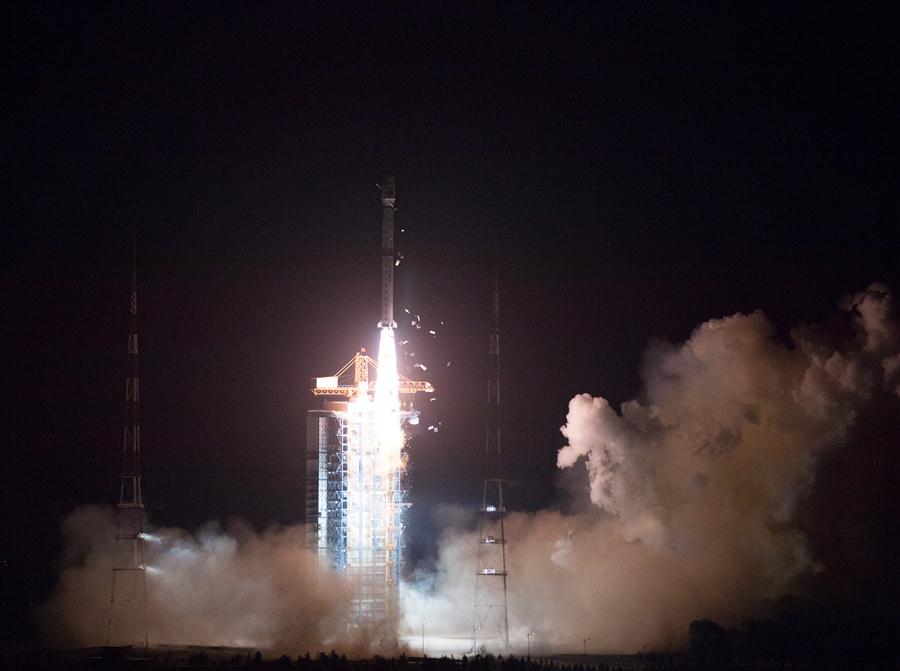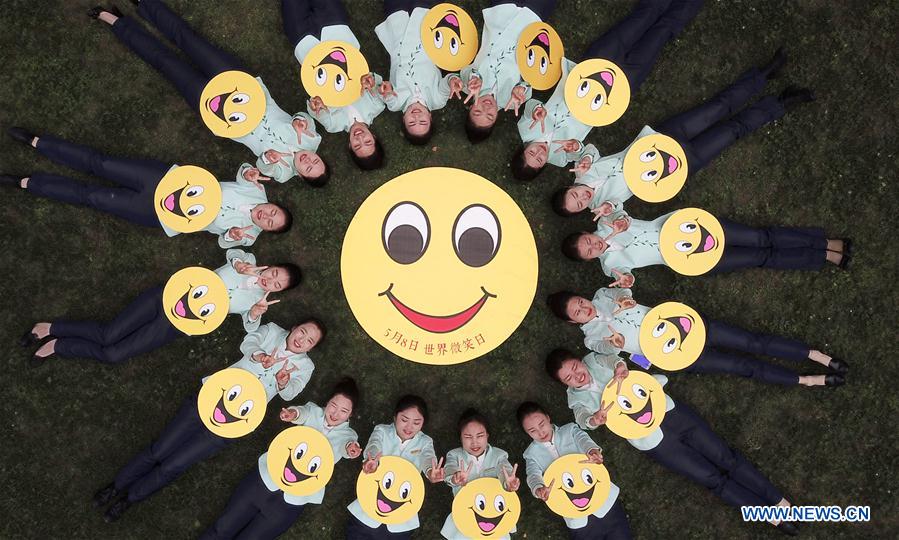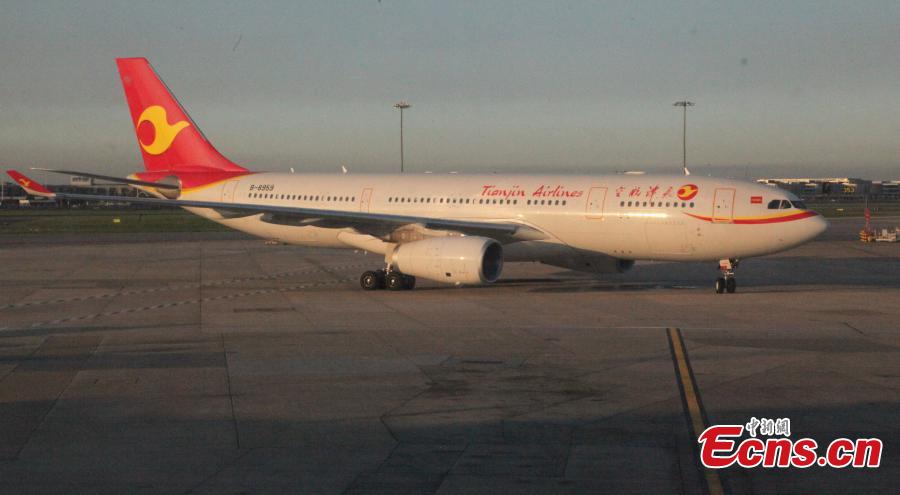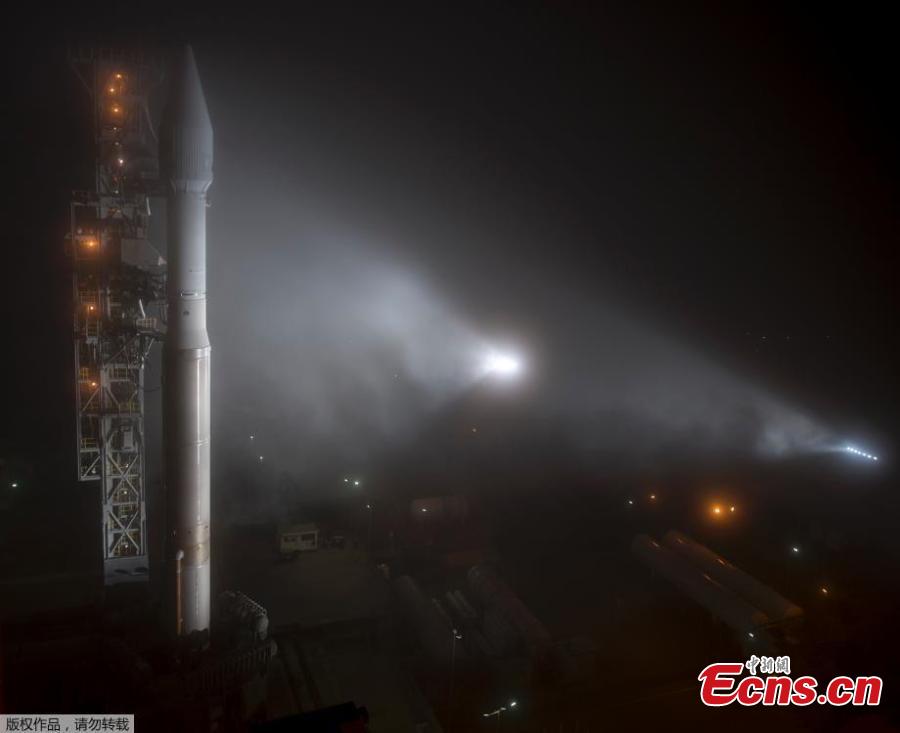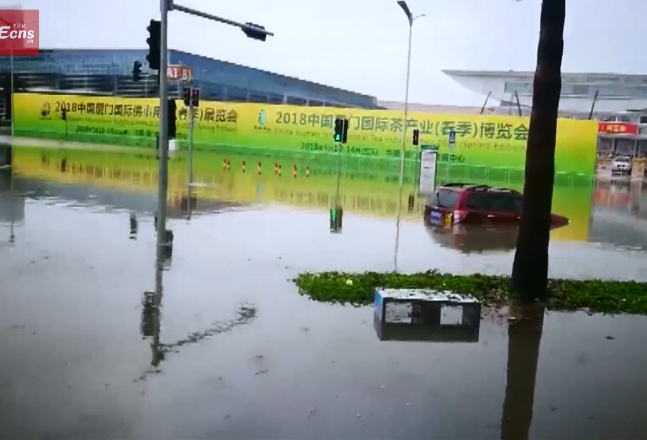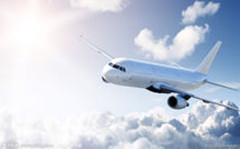
坐飛機為何需要關閉電子設備
Zuò fēijī wèihé xūyào guānbì diànzǐ shèbèi
Turn Off Electronic Devices, or Else
空乘人員說,幾乎每趟航班上都有這樣的情況發生:機艙門關閉后,提醒乘客請將個人電子設備關閉的提示音響起,但總有至少一個人還在那里打電話、發短信、玩游戲、發郵件或是上網看什么東西,完全無視要求關閉電子設備的嚴肅指令。
It happens on just about every flight now, say flight attendants. The plane’s door closes and it’s time to turn off personal electronic devices. And there’s always at least one person who keeps talking, texting, playing, watching or emailing and ignoring stern orders to power down.
許多乘客對飛機上開著電子設備的危險性持懷疑態度──認為一個電話、一條短信或是一個游戲不至于造成墜機。有誰將黑莓手機開著,就沒能活得好好地走下飛機了呢?
Lots of passengers are skeptical of the danger of leaving devices on one call or text message or game isn’t going to bring down the plane, they figure. And who hasn’t left on their BlackBerry and lived to tell?
確實,并沒有確鑿的科學證據表明,在飛機起降時將這些小玩意開著會引起什么問題,只是說有引起問題的可能性存在。
Indeed, there’s no firm scientific evidence that having gadgets powered up for takeoff and landing would cause a problem, only that there’s the potential for a problem.
在某些情況下,機組人員發現,乘客在他們不應該打電話或使用電腦的時候這么做了,會出現干擾。將這些電子設備關閉后,駕駛艙中受到的干擾便消失;將設備再次打開,干擾現象則再次出現。這表明兩者之間確實可能存在聯系。
In some instances, crews caught passengers talking on a phone or using a computer when they weren’t supposed to. The crews were able to end interference by shutting down the device. Turning it back on recreated the problem, suggesting a possible link.
監管機構認為,乘客使用電子設備產生的射頻有可能干擾導航儀,并且只要有一絲造成災難的可能性,那么最好還是在飛機起降時將其關閉。
Regulators believe there is a chance that electronic emissions from passenger devices could interfere with navigation instruments, and if even the remotest possibility of disaster exists, it’s better to turn them off for takeoff and landing.
詞語解釋:
空乘人員 (kōngchéng rényuán) flight attendants
機艙 (jīcāng) cabin
無視 (wúshì) ignore
確鑿 (quèzáo) firm; definite
監管 (jiānguǎn) supervision
機構 (jīgòu) mechanism
射頻 (shèpín) radio frequency
導航儀 (dǎohángyí) navigation instrument
(Source: myechinese.com)











